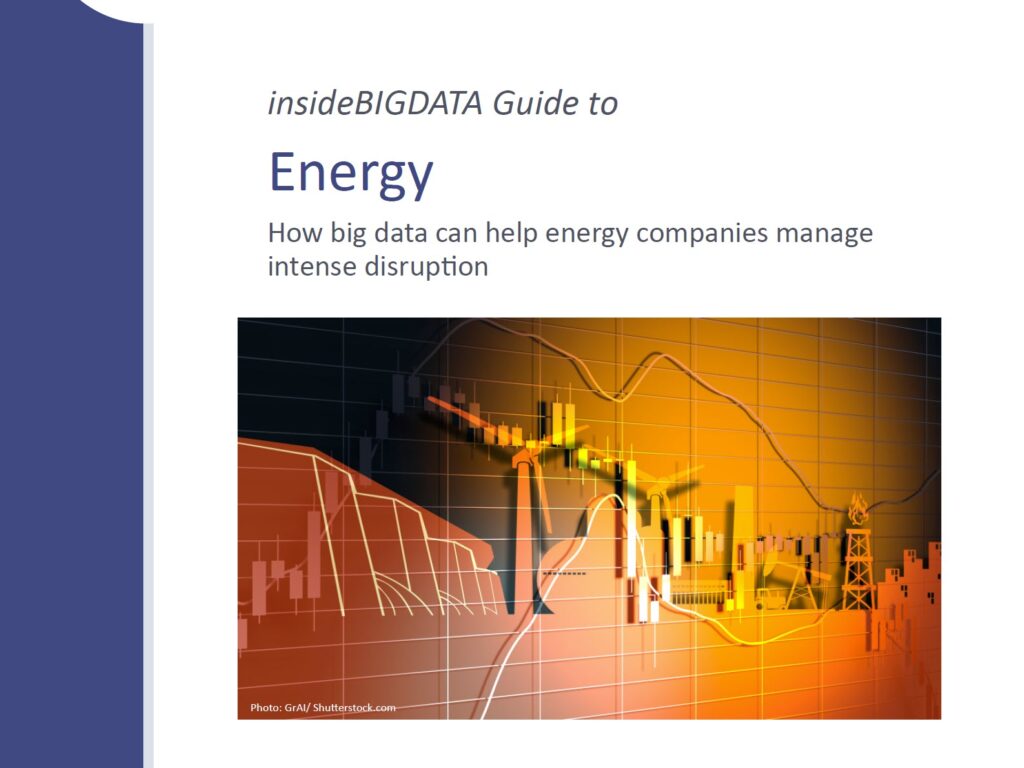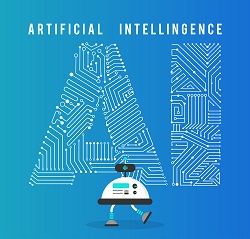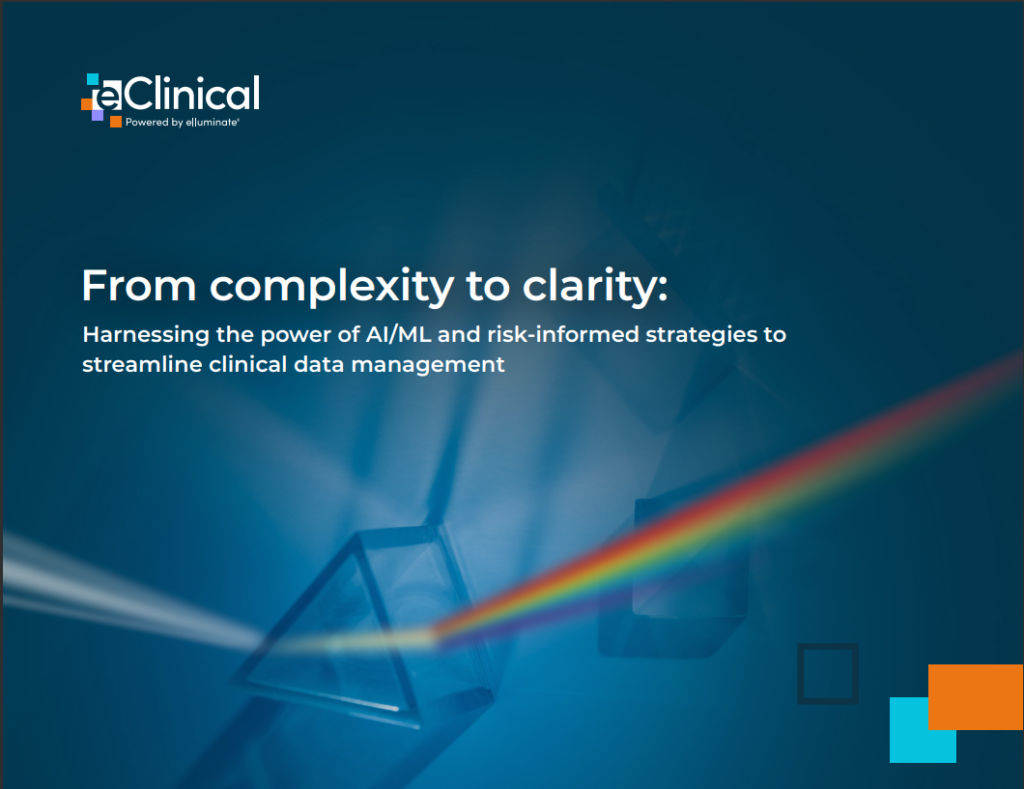In this contributed article, freelance writer Ellie Gabel discusses how the power grid is aging and can no longer keep up with consumers’ needs. Without adequate intervention, blackouts will soon become a regular occurrence. Could artificial intelligence be the key to fixing the country’s supply and demand woes?
NeuReality’s New Performance Results Pave the Way to Solve the World’s Growing AI Energy and Cost Crisis
NeuReality, a leader in AI technology, has announced remarkable performance results from its commercially available NR1-S™ AI Inference Appliance, which significantly cuts costs and energy use in AI data centers, offering a much-needed solution to the growing concerns over AI’s high expenses and energy consumption.
Data Insights are Illuminating the Future of the Power Sector
In this contributed article, David Thomason, Industry Principal – Power Generation at AVEVA, believes that the power sector has more data than ever on nearly every process in its value chain. Now, new technologies are helping make sense of all those details to provide competitive advantages – and it’s not a moment too soon.
The Future of Applied AI in 2024: Transforming Healthcare, Energy, and Supply Chain with Tangible Outcomes
In this contribute article, Nick King, CEO and Founder of Data Kinetic, believes that 2024 holds great promise for Applied AI as it integrates into various sectors, transforming manufacturing, healthcare, energy, and beyond. However, as we move forward in this AI-driven future, addressing concerns such as misleading marketing, complex interactions, the need for guardrails and transparency, and the importance of meaningful AI education is crucial.
insideAI News Guide to Energy – Part 2
This special technology guide from Dell Technologies and AMD will take a closer look at some of the biggest disruptors affecting energy companies, and also examine how big data analytics can help these firms reduce risk, drive down costs, and improve efficiency. The energy industry has always faced large price swings as a result of changes in the global economy. But today, this entire sector is facing an unprecedented level of disruption. Industry analysts say it is in the throes of a dramatic upheaval that is requiring companies in this industry to reinvent themselves.
insideAI News Guide to Energy
This special technology guide from Dell Technologies and AMD will take a closer look at some of the biggest disruptors affecting energy companies, and also examine how big data analytics can help these firms reduce risk, drive down costs, and improve efficiency. The energy industry has always faced large price swings as a result of changes in the global economy. But today, this entire sector is facing an unprecedented level of disruption. Industry analysts say it is in the throes of a dramatic upheaval that is requiring companies in this industry to reinvent themselves.
insideAI News Guide to Energy
This special technology guide from Dell Technologies and AMD will: take a closer look at some of the biggest disruptors affecting energy companies, and also examine how big data analytics can help these firms reduce risk, drive down costs, and improve efficiency.
How New Hardware Can Drastically Reduce the Power Consumption of Artificial Intelligence
In this contributed article, Diederik Verkest, Ph.D. from imec, points out that to make predictions, AI relies on the processing of large amounts of data, a process that takes a lot of energy. Imec develops solutions to drastically reduce that energy consumption. A new chip, in which these calculations are performed directly in the memory by means of analogue technology, is a major breakthrough in this field.
Why AI Is the Answer to Oil Spills
In this contributed article, tech blogger Caleb Danziger discusses how AI may be the solution to preventing and responding to disasters like oil spills. AI can help prevent these disasters and improve responses if they do occur.
What You Should Know About Big Data and Energy Consumption in 2020
In this contributed article, front end developer Gary Stevens suggests that the future of big data in the energy industry is bright. Reducing energy consumption is a win-win situation for both companies and consumers, lowering costs as well as limiting environmental impact.










